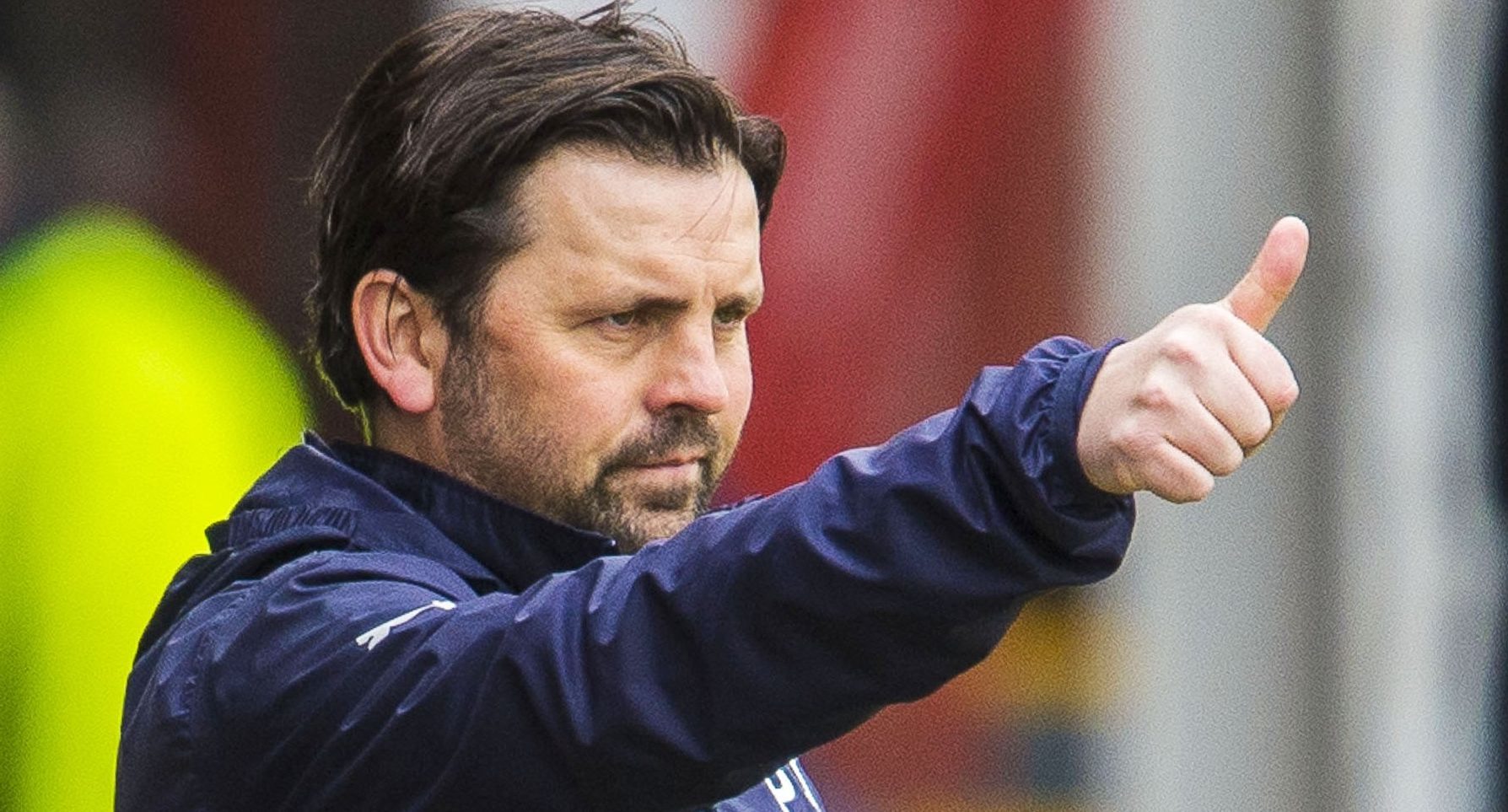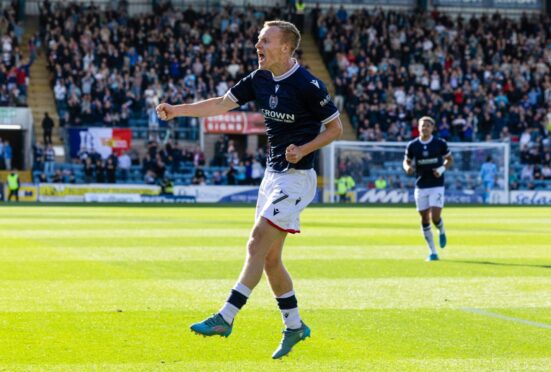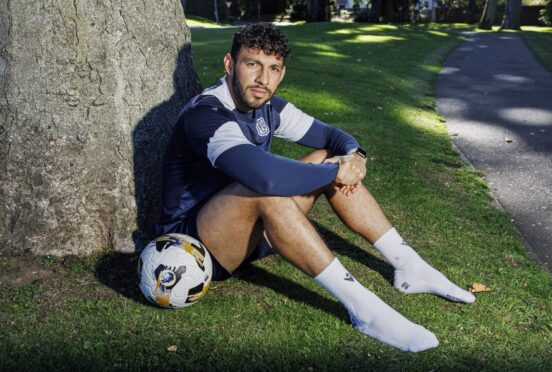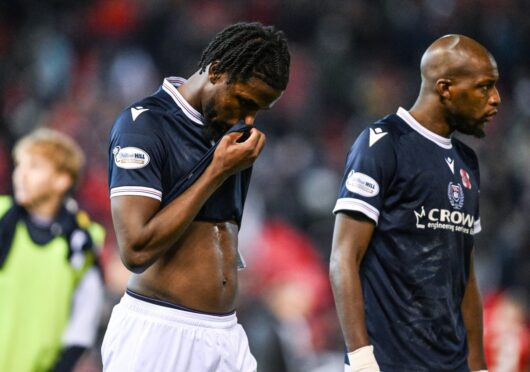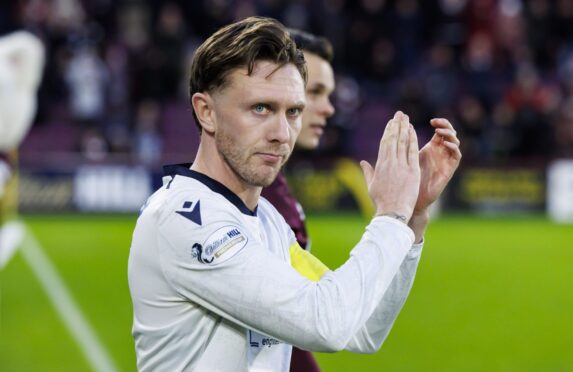It has been said more than once that while you don’t have to be mad to be a goalkeeper, it certainly helps.
Well, the same could probably apply to anyone who decides to choose football management as a career path.
The average boss can forget about making long-term plans with directors, chairmen and fans all working off an incredibly-short fuse these days with the knee-jerk reaction to a poor run of results almost always being a call for the manager to be axed.
The current incumbent of the Dens Park hot-seat Paul Hartley is nothing if not a realist and he is fully aware that while at the moment he is comfortably ensconced as the Dundee manager, that could all quickly change.
The former Scotland, Celtic, Hearts, Hibs and St Johnstone midfielder is someone who revels in the constant pressure although as he prepares for Monday’s derby which could potentially see United relegated at Dens, he is full of sympathy for his opposite number from down the road, Mixu Paatelainen.
Hartley said: “I played with Mixu at Hibs for a couple of years. He’s a passionate person and their league position will be hurting him.
“As a manager we’re all under pressure to win games and when you’re at the wrong end of the table that pressure becomes greater.
“I have a lot of sympathy for him, if you look at Ronny Deila at Celtic as well, it’s intense.
“When you are not winning games and you’re struggling, the pressure does mount up on you.
“You have to stay focused and disciplined.
“The pressure is much bigger than it used to be because you can’t have long-term plans as a manager nowadays.
“You can’t say you have a three or a five-year plan and you want to do this or that. Forget it.
“I keep saying to people, all you can do is try to win as many games as you can and hope you have a good chairman and board behind you.
“It’s an old cliché, but these days you really are just taking things a game at a time and you can’t afford to look too far ahead.
“If you do that, you’re in trouble.
“You can’t get your feet comfortable under the table these days. Years ago when you saw managers at clubs for five years or 10 years, that’s gone. It is definitely away, that won’t happen again.
“It comes from everywhere now, the board, the expectation of supporters and the media.
“As soon as you have a poor spell, you’re under pressure.
“You always hear this phrase, ‘they’ve lost the dressing-room’, and I don’t understand what it means.
“I have never seen a manager lose a dressing-room.
“As a player I didn’t see it. You’d maybe get one or two people unhappy, but I’ve never seen a group like that.
“I have never seen a manager lose a dressing-room, but that’s what people say all the time these days.”
While the position of manager can be a precarious one, Hartley insists that his love of the job overrides the threat of losing it.
He added: “What’s it like going into a job knowing you could get sacked eventually? You just have to hope and pray you don’t lose your job.
“Why do we do it? Because we love it.
“It would be easy to stay in the background or do something else, but that’s not for me.
“I just love it, even though you know what happens sometimes.
“You will eventually, maybe lose your job.
“But it’s in your blood, we’re passionate about it and you want to do it even though you know what could come around the corner.
“You just want to be successful and win games of football, that’s all you can do.”
Hartley admitted that the way he interacts with his players these days is in stark contrast to what happened in the recent past.
He said: “You have to rely on your players because man-management is the biggest aspect of it.
“Football has definitely changed and that’s the biggest part of being a manager today.
“I wouldn’t say it’s because players are softer now, but you just have to be careful.
“The days of ranting, raving and being in people’s faces are gone – it doesn’t work.
“It just doesn’t work.”
